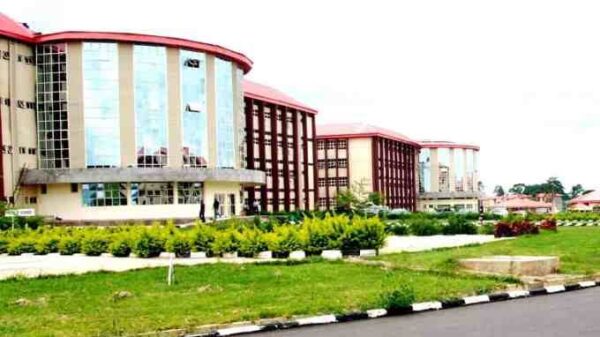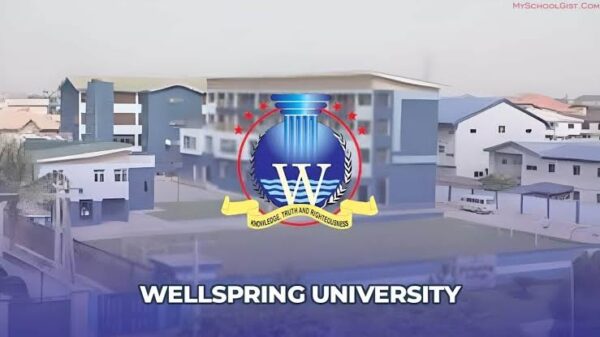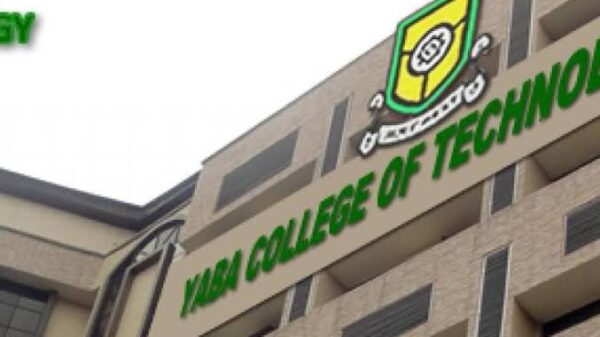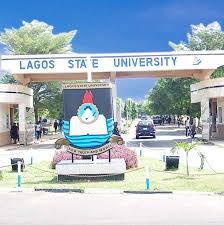List Of Science Courses In IMT Enugu
The Institute of Management and Technology (IMT) Enugu is a prestigious polytechnic in Nigeria that offers a wide range of science courses.
IMT Enugu is known for its high-quality education and its commitment to producing graduates who are ready to make a difference in the world.
If you are interested in studying a science course at IMT Enugu, this blog article is for you.
In this article, we will provide a comprehensive list of all the science courses that are offered at IMT Enugu, as well as information on the admission requirements and career prospects for each course.
List of Science Courses in IMT Enugu
The following is a list of all the science courses that are offered at IMT Enugu:
- B.Sc. Biochemistry
- B.Sc. Biology
- B.Sc. Chemistry
- B.Sc. Computer Science
- B.Sc. Environmental Science
- B.Sc. Food Science and Technology
- B.Sc. Geology
- B.Sc. Mathematics
- B.Sc. Microbiology
- B.Sc. Physics
- B.Sc. Statistics
Admission Requirements for Science Courses at IMT Enugu
The admission requirements for science courses at IMT Enugu vary depending on the course. However, all applicants must have at least five (5) credits in relevant O’level subjects, including English Language and Mathematics.
For the B.Sc. Biochemistry program, applicants must also have a Senior Secondary School Certificate (SSSC) with five (5) credits in relevant subjects, including Biology, Chemistry, Physics, and Mathematics.
For the B.Sc. Biology program, applicants must also have an SSSC with five (5) credits in relevant subjects, including Biology, Chemistry, Physics, and Mathematics.
For the B.Sc. Chemistry program, applicants must also have an SSSC with five (5) credits in relevant subjects, including Biology, Chemistry, Physics, and Mathematics.
For the B.Sc. Computer Science program, applicants must also have an SSSC with five (5) credits in relevant subjects, including Mathematics, Physics, and English Language.
For the B.Sc. Environmental Science program, applicants must also have an SSSC with five (5) credits in relevant subjects, including Biology, Chemistry, Physics, and Mathematics.
For the B.Sc. Food Science and Technology program, applicants must also have an SSSC with five (5) credits in relevant subjects, including Biology, Chemistry, Physics, and Mathematics.
For the B.Sc. Geology program, applicants must also have an SSSC with five (5) credits in relevant subjects, including Biology, Chemistry, Physics, and Mathematics.
For the B.Sc. Mathematics program, applicants must also have an SSSC with five (5) credits in relevant subjects, including Mathematics, Physics, and English Language.
For the B.Sc. Microbiology program, applicants must also have an SSSC with five (5) credits in relevant subjects, including Biology, Chemistry, Physics, and Mathematics.
For the B.Sc. Physics program, applicants must also have an SSSC with five (5) credits in relevant subjects, including Biology, Chemistry, Physics, and Mathematics.
For the B.Sc. Statistics program, applicants must also have an SSSC with five (5) credits in relevant subjects, including Mathematics, Physics, and English Language.
Career Prospects for Science Graduates from IMT Enugu
Graduates of science courses from IMT Enugu have a wide range of career opportunities available to them. They can work in research institutions, universities, government agencies, and private companies.
B.Sc. Biochemistry graduates can work as biochemists in research institutions, universities, and pharmaceutical companies. They can also work as quality control specialists in food and beverage companies.
B.Sc. Biology graduates can work as biologists in research institutions, universities, and government agencies. They can also work as environmental scientists and conservation biologists.
B.Sc. Chemistry graduates can work as chemists in research institutions, universities, and chemical companies. They can also work as quality control specialists in food and beverage companies.
B.Sc. Computer Science graduates can work as software engineers, web developers, and data scientists in private companies. They can also work as IT specialists in government agencies and research institutions.
B.Sc. Environmental Science graduates can work as environmental scientists and conservation biologists in research institutions, universities, and government agencies. They can also work as environmental consultants in private companies.
B.Sc. Food Science and Technology graduates can work as food technologists in food and beverage companies










